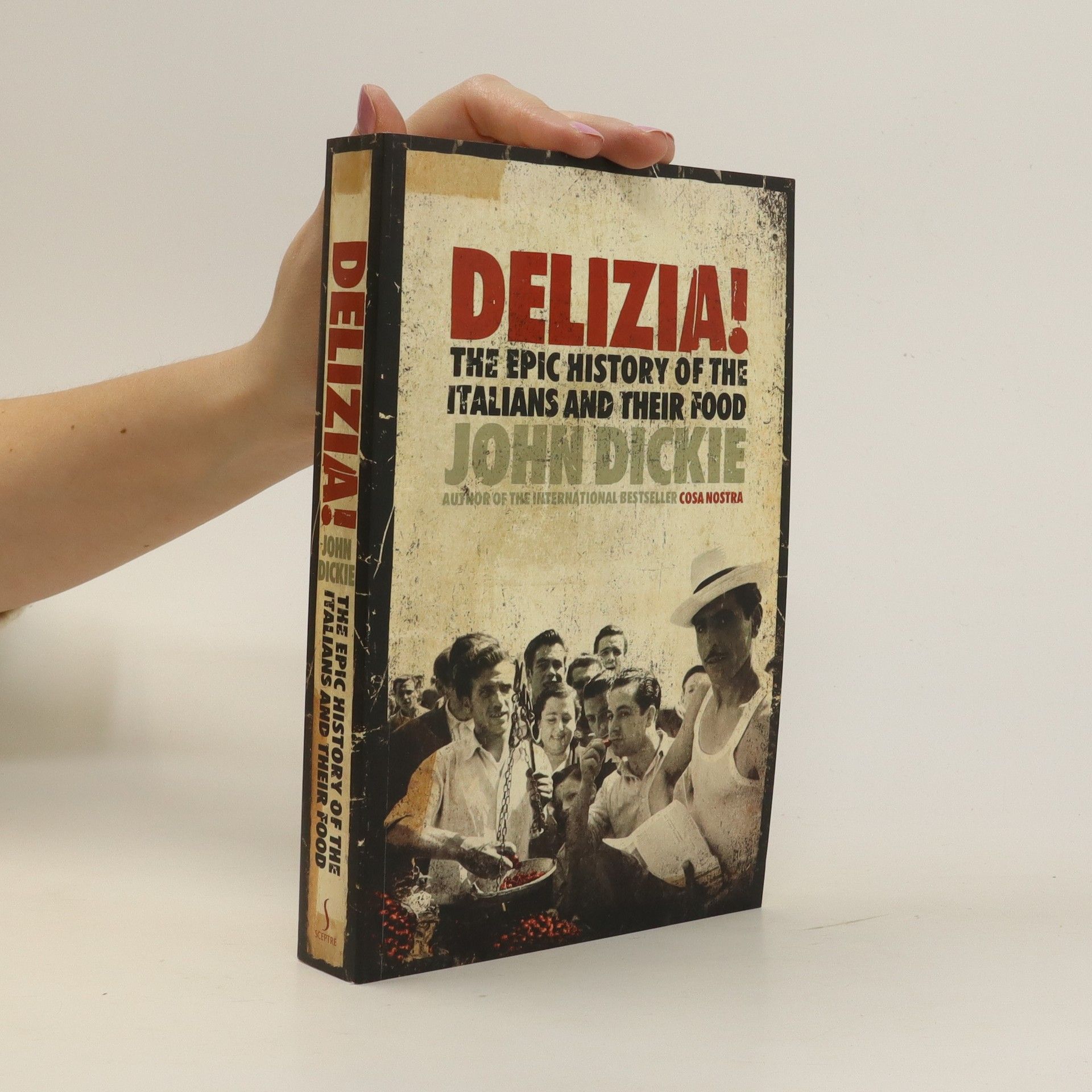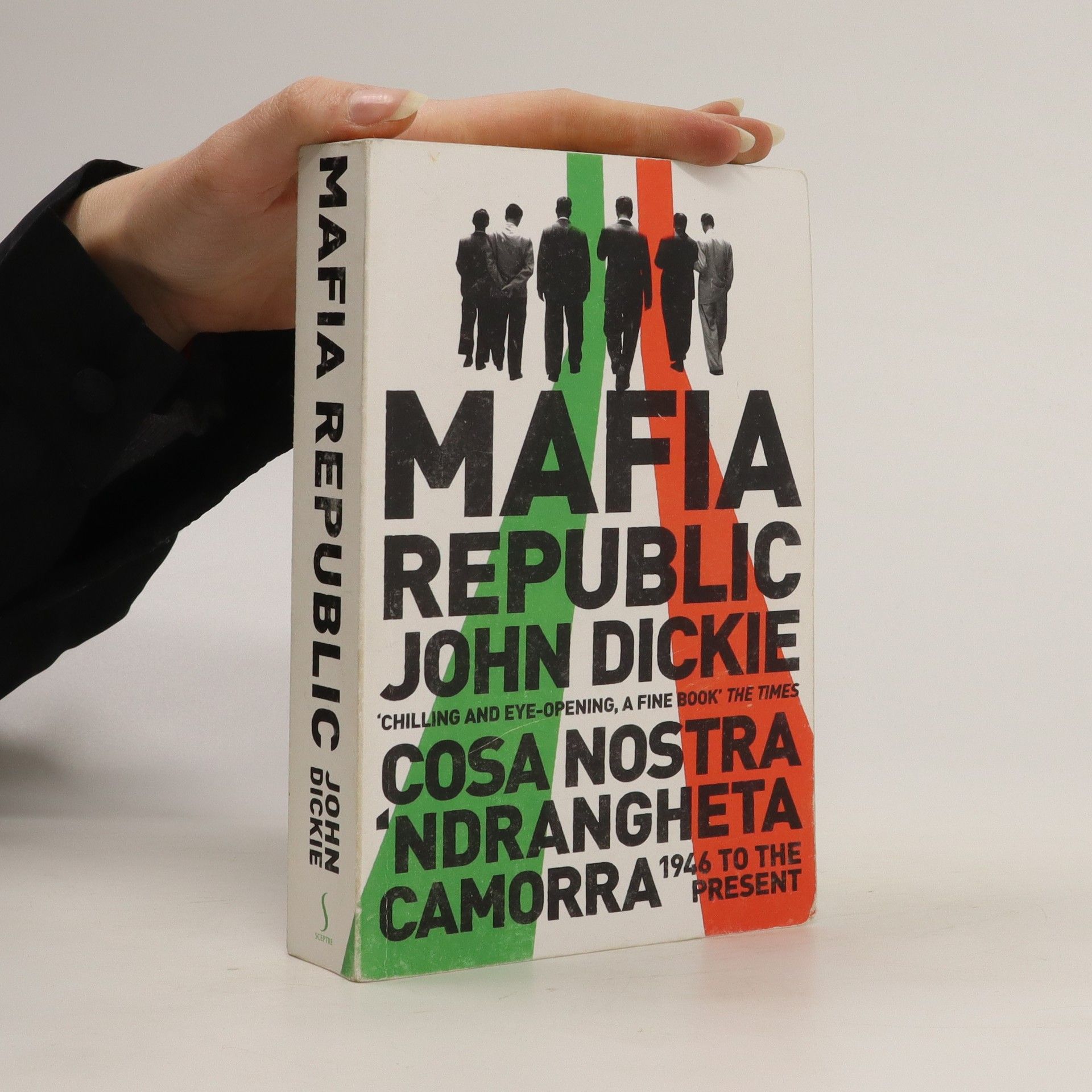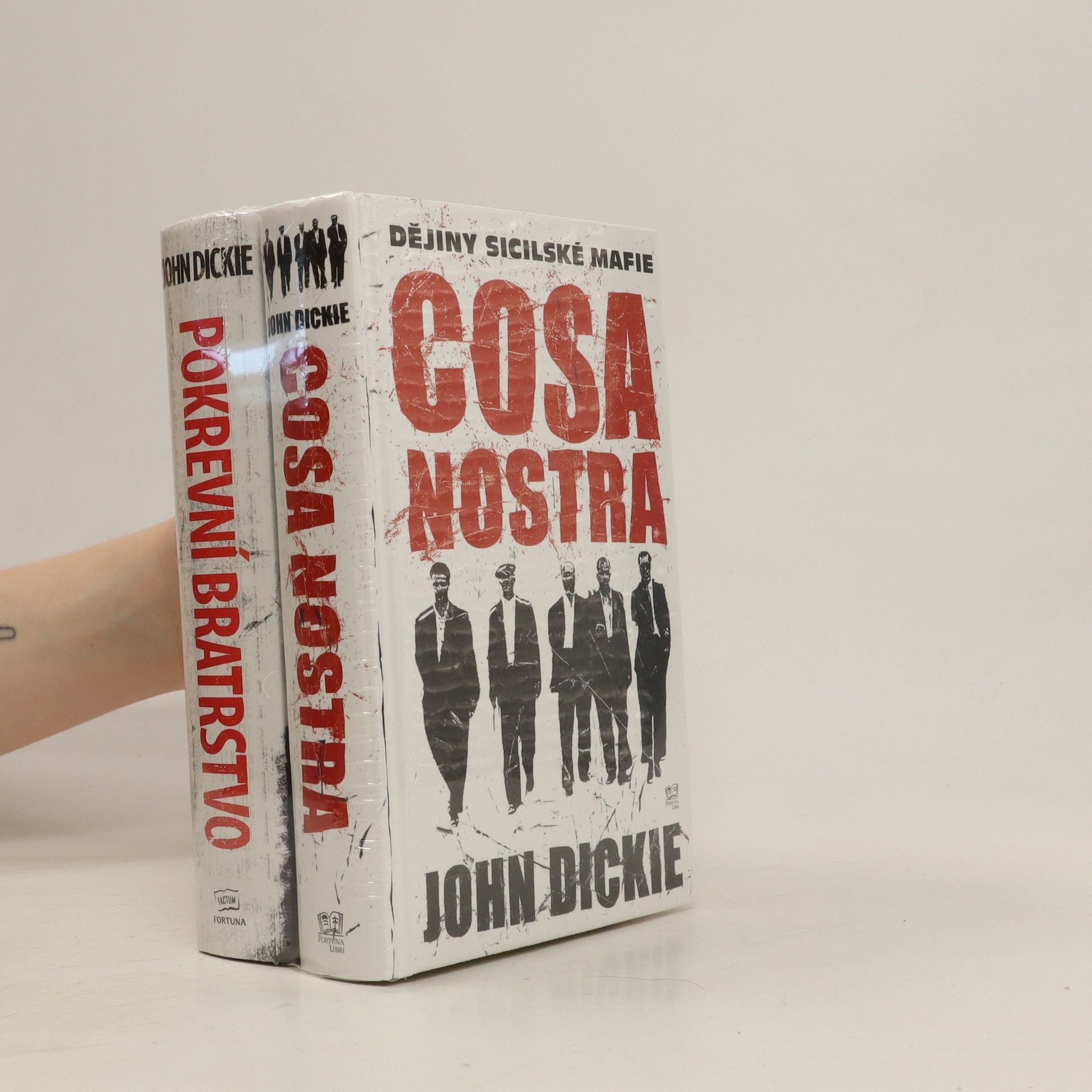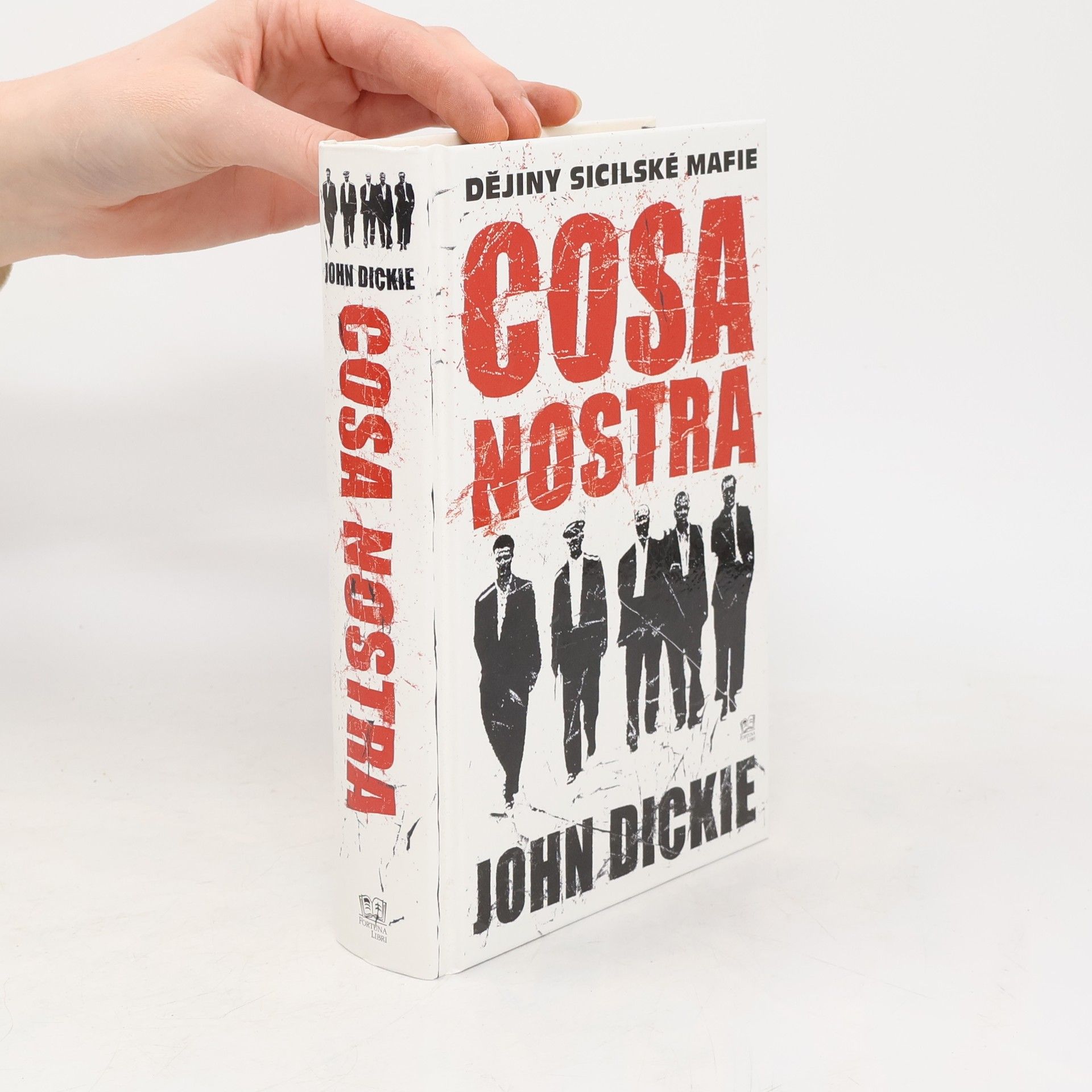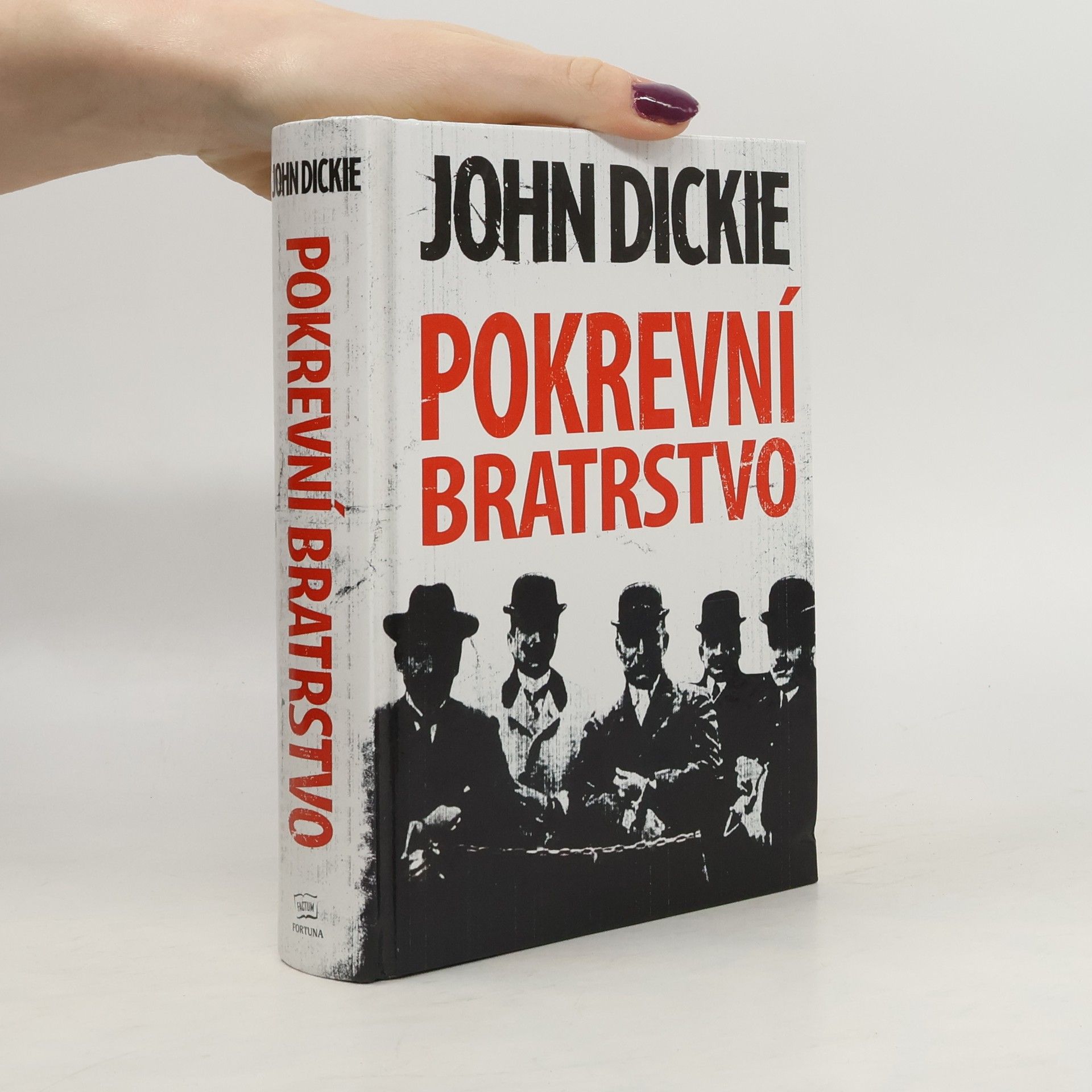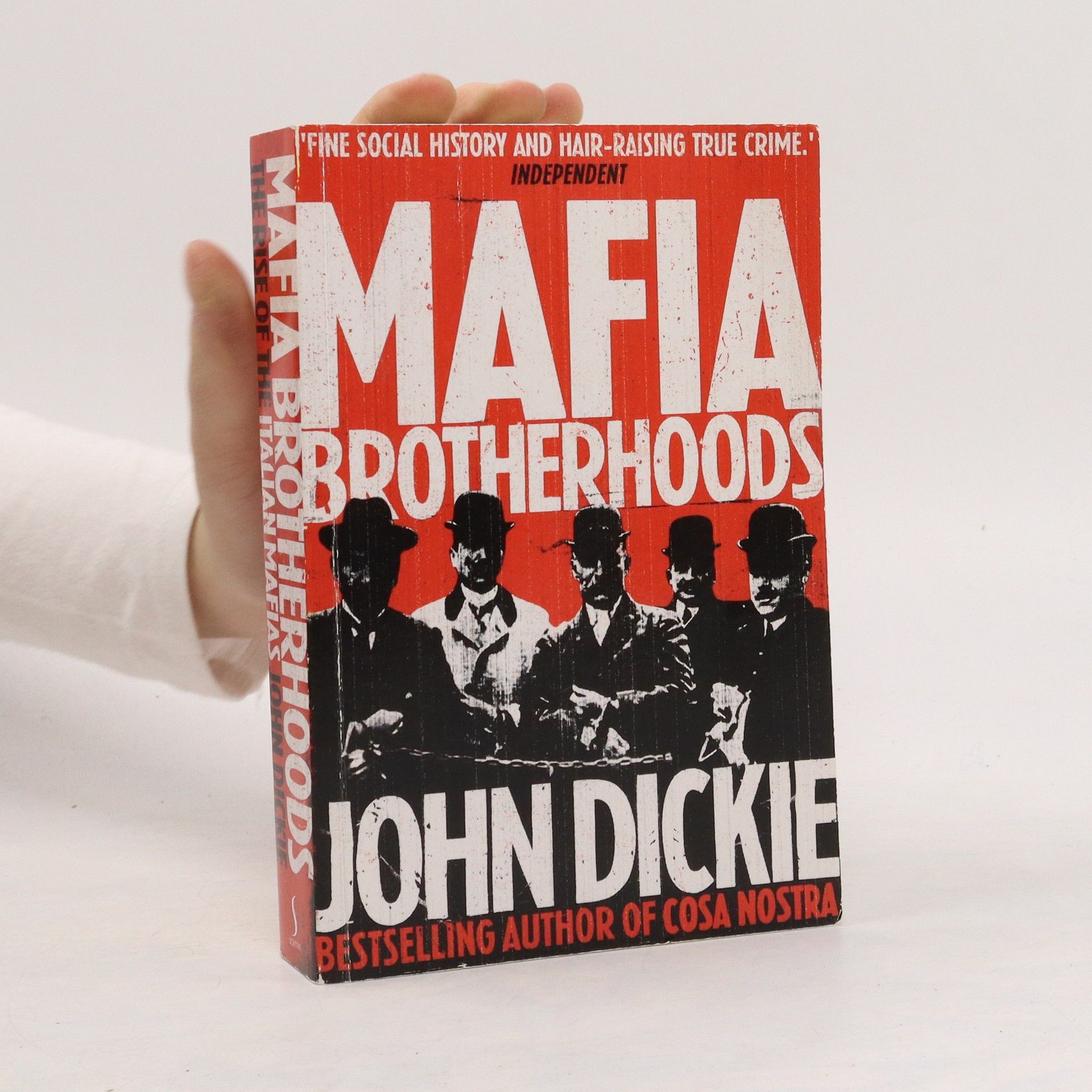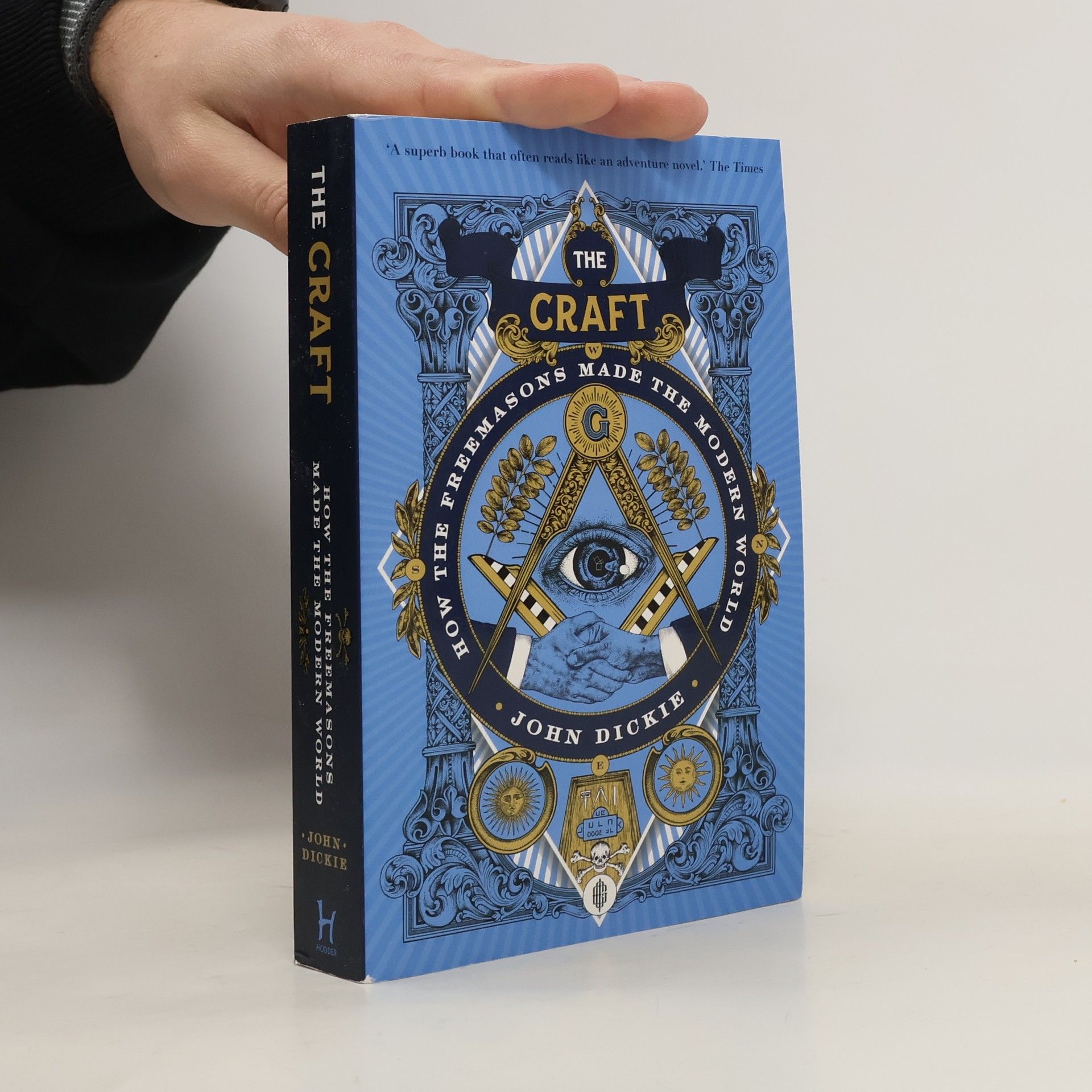Pokrevní Bratrstvo
- 434 stránek
- 16 hodin čtení
Dějiny italské mafie jsou psány krví. John Dickie, autor knihy Cosa Nostra, se ponořil ještě hlouběji do archivů a ve světle nejnovějších poznatků rozkrývá vznik a historii tří nejvýznamnějších odnoží italské mafie: sicilské Cosy Nostry, neapolské Camorry a kalábrijské \\\'Ndranghety. Na jednotlivých příbězích ukazuje tragické osudy statečných můžu a žen, kteří se mafii postavili a představuje heroické soudce a policisty, kteří proti mafii neúnavně bojovali a často ve jméno spravedlnosti položili život.


